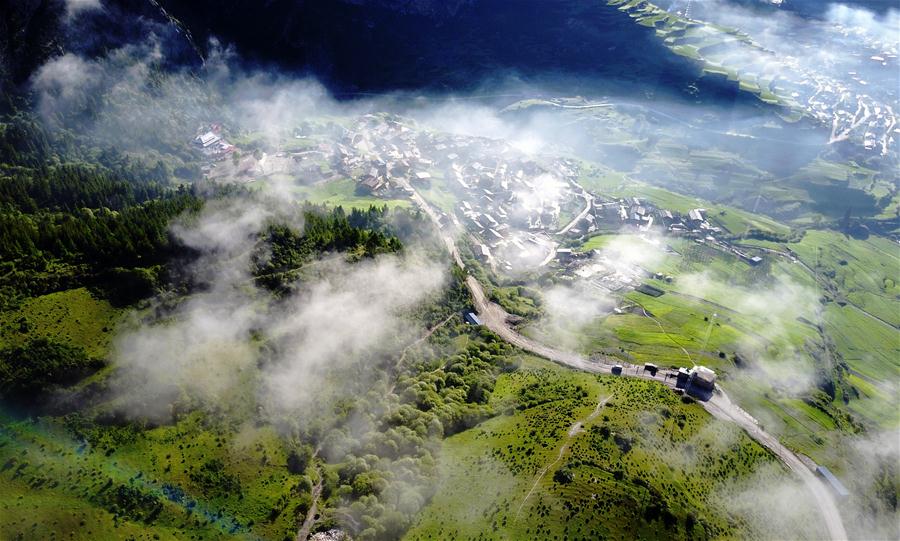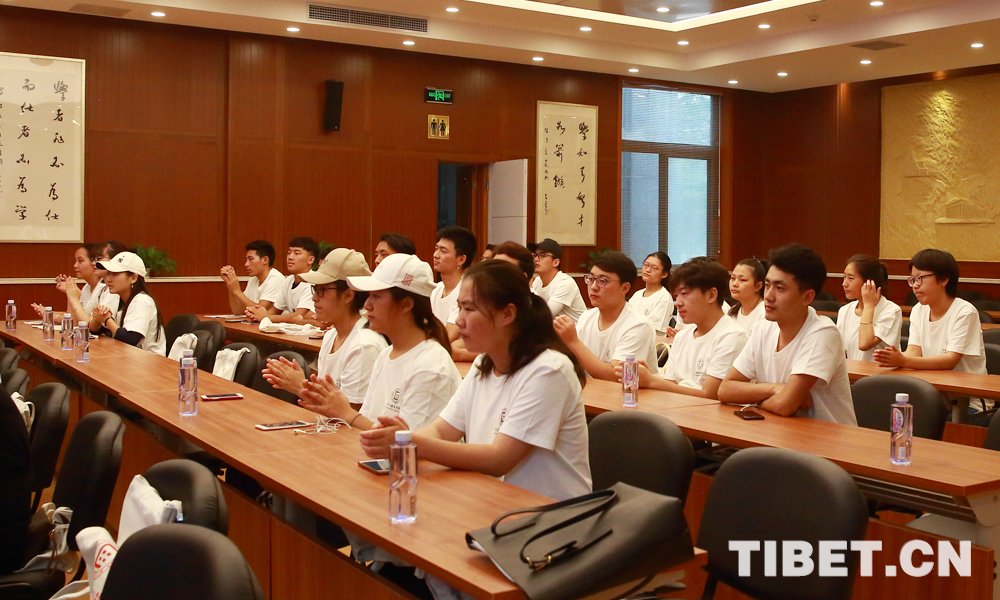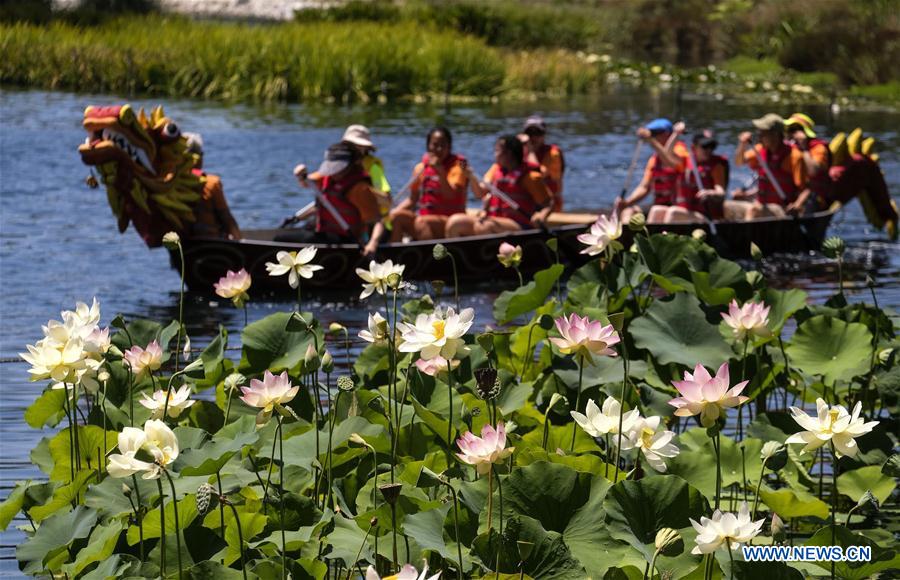China launches peat bogs investigation on Qinghai-Tibet Plateau
Northwest China's Qinghai Province launched an investigation into peat bogs in the province Wednesday, the first investigation of its kind conducted on the Qinghai-Tibet Plateau.
The investigation aims to collect peat bogs materials, to protect and manage peat bogs and ensure such resources are exploited properly.
Peat bogs are a type of wetland, among the most valuable ecosystems on Earth. They are the largest natural terrestrial carbon store, but a major source of greenhouse gas emissions if damaged. The restoration of damaged peatlands can bring significant reductions in emissions.
The investigation focuses on every peat bog above one hectare and collects information such as on natural environment, categories, biomass, carbon stores and soil.
Peat bog drainage, exploitation and restoration since 1990 will also be included in the investigation.
"We have lacked peat resource data, the most worthy resource in wetlands, for a long time, resulting in no targeted measures to protect peat bogs," said Wang Enguang, deputy director of the provincial forestry department.
The investigation is scheduled for completion in December 2019.
Qinghai has 8.14 million hectares of wetland, the most of any province-level region and accounting for 15.19 percent of the entire wetland in China.
China has invested 10.2 billion yuan (1.5 billion U.S. dollars) in the protection of wetland since 2013, implementing more than 1,600 wetland conservation projects across the country.
China plans to investigate peat bogs in 11 provinces and regions. Since the program was launched in 2014, investigation has been undertaken in six provinces and regions, namely the northeastern provinces of Liaoning, Jilin and Heilongjiang, Inner Mongolia Autonomous Region in the north and southwestern provinces of Yunnan and Guizhou.
Your Comment
Name E-mailRelated News
-
-
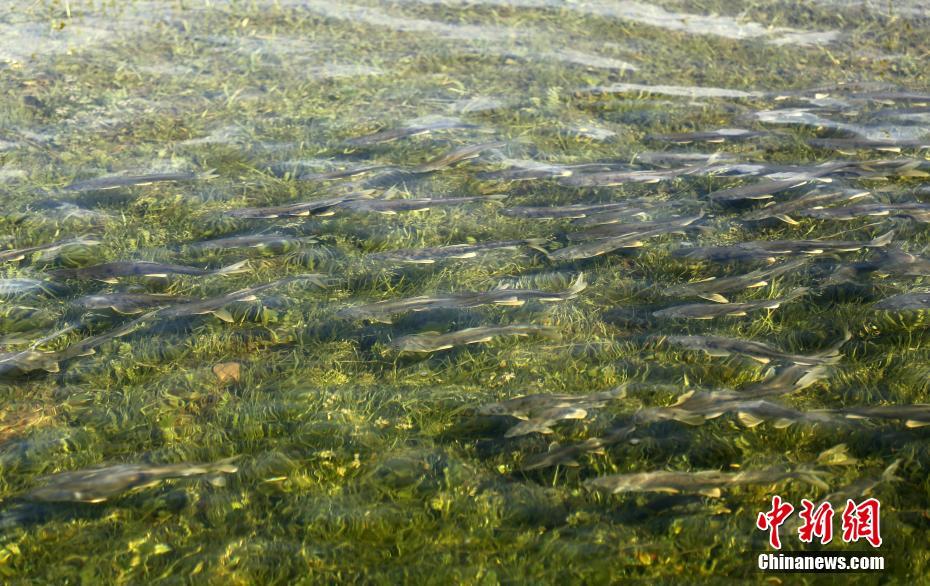
-
Carps in Qinghai Lake swim upstream for breeding
Every year, from late May through mid-August, carps grown in the lake would swim upstream into the freshwater area of the river, to lay eggs and breed, before returning to the lake.
-
-
-

-
Rainfall in Qinghai Lake Basin increased 5% in 10 years
Monitoring data shows that in recent years, the average annual temperature and precipitation in the Qinghai Lake Basin have increased.
-
-
-
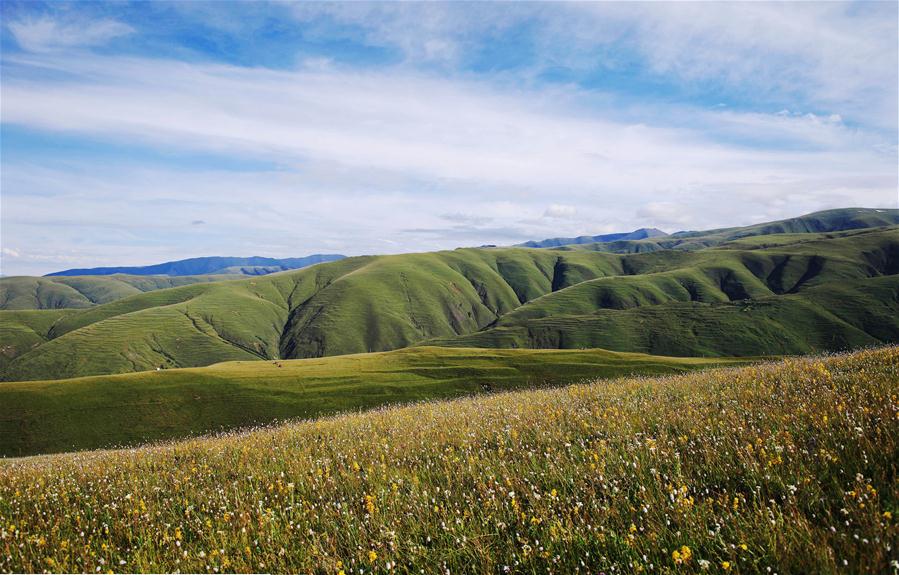
-
Green industry develops steadily on Qinghai-Tibet Plateau: white paper
A white paper released Wednesday said that an economic model featuring a circular economy, renewable energy, and distinctive industries, is forming on the Qinghai-Tibet Plateau.
-
-
-

-
China issues white paper on ecological progress on Qinghai-Tibet Plateau
China issued a white paper about ecological progress on the Qinghai-Tibet Plateau, which is a key eco-safety barrier in China and Asia, and a focus of the country's drive to promote ecological progress.
-
-
-
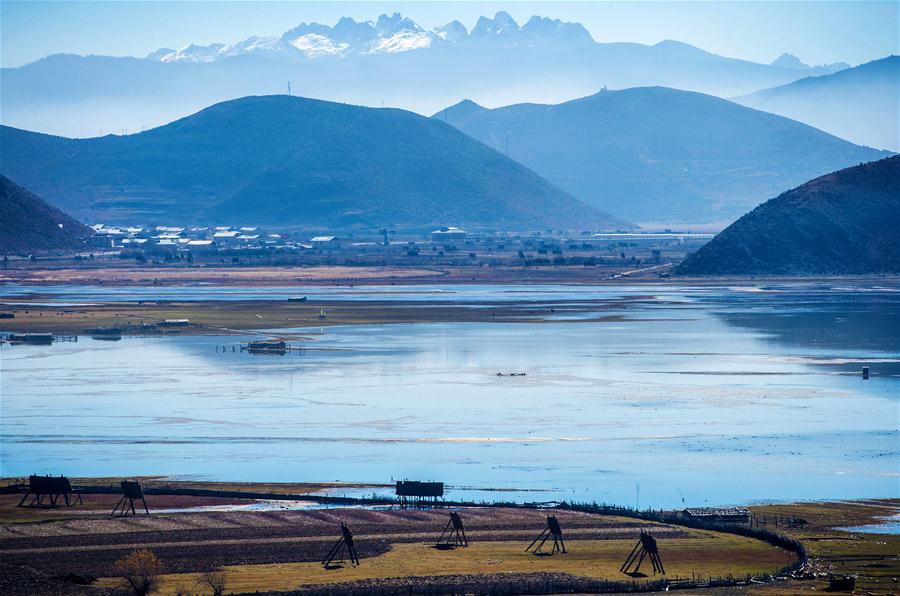
-
Ecological awareness grows on Qinghai-Tibet Plateau: white paper
A culture that values ecological awareness is developing on the Qinghai-Tibet Plateau, said a white paper released by the State Council Information Office on Wednesday.
-



